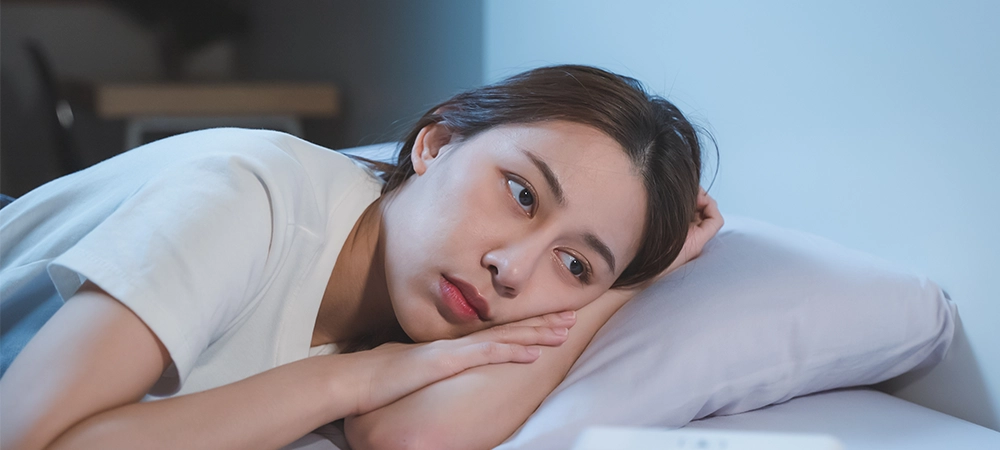What is Zopiclone? Understanding Its Uses, Effects, and Addiction Potential
Zopiclone, a medication commonly known for its effectiveness in treating short-term insomnia, has been a subject of discussion in both medical and patient communities. While it offers relief for sleep disorders, its potential for dependency and misuse has raised concerns.
Doctors primarily prescribe Zopiclone for the short-term treatment of insomnia. It helps with sleep initiation and maintenance, making it an effective solution for individuals struggling with sleeping or staying asleep. Doctors typically recommend it for use over a few weeks, as prolonged use increases the risk of tolerance and dependence.
In this comprehensive guide, we will delve into what zopiclone is, its uses, effects, risks, and the potential for addiction.
How Zopiclone Works
To know how Zopiclone works, it’s important to know what it is. Zopiclone falls under the category of ‘nonbenzodiazepine hypnotics,’ a group of drugs commonly referred to as ‘Z-drugs.’ It treats bad bouts of insomnia by helping patients fall asleep more quickly and stay asleep through the night.
Unlike traditional benzodiazepines, Zopiclone is believed to cause fewer side effects and has a lower risk of dependency, but this does not mean it is without risks. The mechanism of action of zopiclone is similar to that of benzodiazepines.
Zopiclone works by interacting with GABA receptors in the brain. GABA (gamma-aminobutyric acid) is a neurotransmitter that induces sleepiness and relaxation. By enhancing the activity of GABA, zopiclone helps to calm the brain’s activity, thereby inducing sleep.
Potential Side Effects of Zopiclone
While zopiclone can be effective for sleep disorders, it does come with potential side effects. Common side effects include drowsiness, dry mouth, dizziness, and headaches. More severe side effects, although less common, can consist of memory impairment, hallucinations, delusions, and depression.
Long-term use of zopiclone can also lead to tolerance, where the effectiveness of the drug diminishes over time. It also leads to dependence, where the body relies on the drug to function normally.
Related Article: The Road to Recovery: Treatment Options for Amphetamine Addiction
Zopiclone Addiction and Withdrawal Symptoms
One of the most significant risks associated with zopiclone is the potential for addiction. Zopiclone addiction can develop with prolonged use, especially when taken in higher doses than prescribed or when you use it for longer than recommended.
Signs of zopiclone addiction include craving the drug and continuing its use despite negative consequences. Other signs of Zopiclone addiction include experiencing withdrawal symptoms when not taking the drug and needing higher doses to achieve the same effect.
Withdrawal Symptoms
Withdrawal from zopiclone can be challenging and uncomfortable. Symptoms may include
- Anxiety
- Insomnia
- Restlessness
- Tremors
- Seizures
A medical professional supervises the withdrawal process, especially for individuals who have been using the drug for an extended period.
Zopiclone Addiction Treatment
Treating zopiclone addiction typically involves a gradual tapering off the drug to minimize withdrawal symptoms, combined with therapy and support. Cognitive-behavioral therapy (CBT) is often effective in treating substance use disorders, including zopiclone addiction.
CBT helps you to understand your behaviour and develop coping strategies to deal with cravings and triggers.
Alternatives to Zopiclone
For those seeking alternatives to zopiclone for insomnia, several options are available. Behavioral therapies can be effective, such as CBT for insomnia (CBT-I), relaxation techniques, and sleep hygiene improvements.
In some cases, doctors may recommend other medications with a lower risk of dependence, such as certain antidepressants that also promote sleep.
Precautions and Recommendations
If your doctor prescribes Zopiclone, follow your doctor’s instructions carefully. Don’t use the drug for longer than a few weeks, and avoid increasing the dose without medical advice.
Regular check-ins with a healthcare provider can help monitor the effectiveness and safety of the treatment.
Related Article: Dual Diagnosis: Treating Cocaine Addiction and Mental Health in Vancouver
Get Adequate Zopiclone Addiction Treatment at Inspire Change Wellness Center.
While zopiclone can be a valuable tool in managing short-term insomnia, it’s important to be aware of its potential for side effects and addiction. Getting information about Zipoclone, the risks and using the medication as prescribed can help prevent dependency.
If you’re struggling with zopiclone addiction, professional treatment and support are critical to recovery. As with any medication, it’s crucial to weigh the benefits and risks of zopiclone. Also, consider the alternatives where appropriate.
Get the help you need while dealing with Zopiclone addiction at Inspire Change Wellness Center. We offer addiction treatment services and counselling, guiding your recovery journey.
Reach out to us at 1 (888) 508-9802 for consultations.





